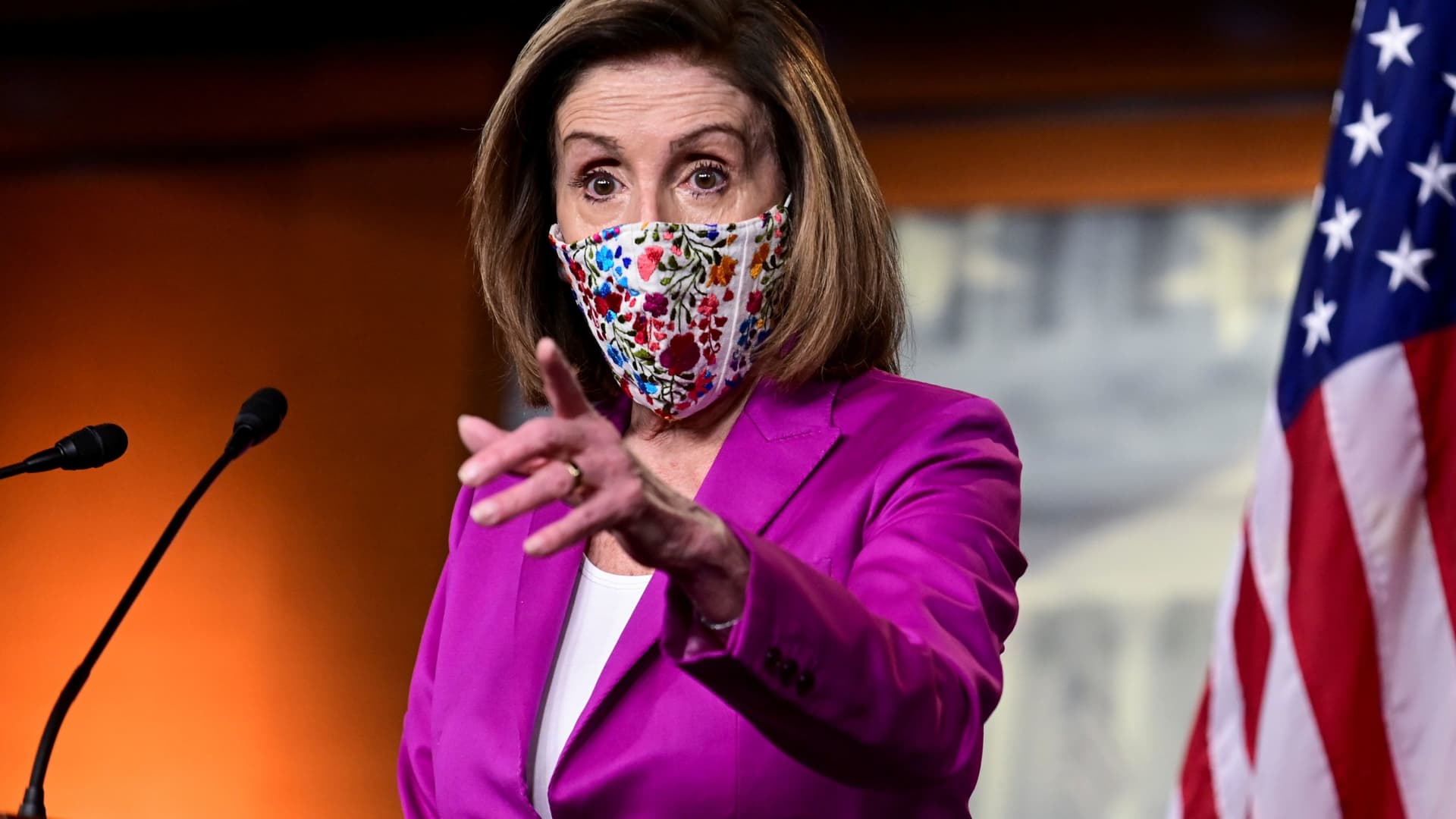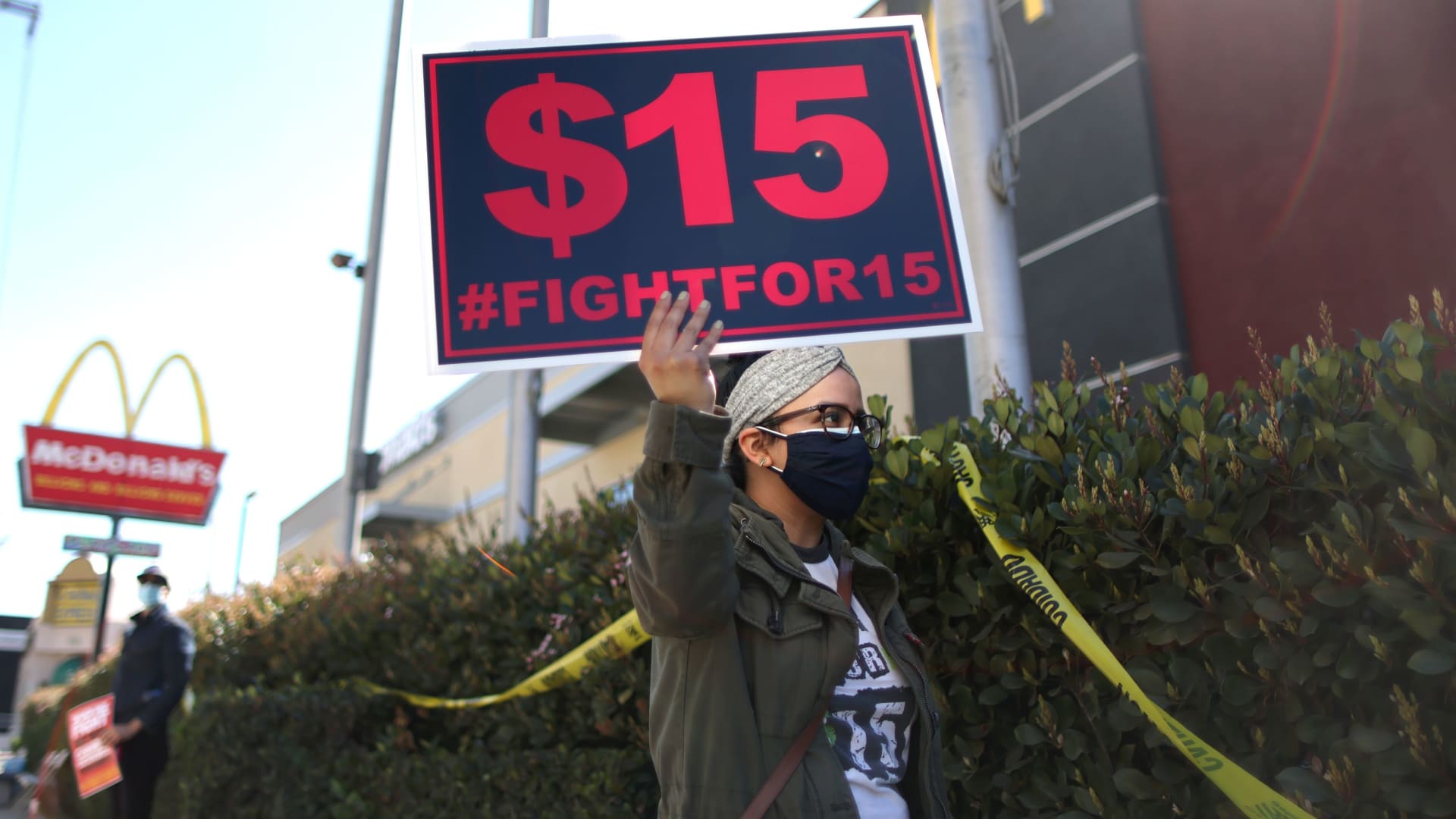House Majority Leader Steny Hoyer confirmed via Twitter this week the Biden Administration’s first COVID-19 stimulus package will come to a vote today.
As part of the $1.9 trillion package, House Democrats have included a federal minimum wage increase to $15 per hour. This would bring the new federal minimum wage to more than double its current level if the proposal can make it past the Senate.
Though the wage hike is being proposed as one strategy to fight workers’ economic setbacks due to COVID-19, an increase of this magnitude would have effects far outside the realm of current workers’ pocket books.
One of the areas that could see dramatic change with an increase in wages is Social Security.
More money in pocket for beneficiaries
Social Security benefits are determined using an individual’s highest 35 income-earning years. Currently, the federal minimum wage stands at $7.25, with only one place in the United States requiring a minimum wage of $15.00 (Washington, D.C.).
In every state, a federal minimum wage boost—should the proposal stand at $15.00 during negotiations—would increase the income of thousands of workers, resulting in many having far higher earnings during their highest 35 earning years.
For those who have not yet retired, especially those with many working years still ahead of them, this could make a significant impact on their benefit amount when they do. The more you earn, the higher your benefit will be.
Fresh contributions to an ailing Trust Fund
The benefits of a federal minimum wage increase would also have its benefits in time for those who have already retired or are soon to retire.
Employers and employees each contribute 6.2% of a worker’s salary to Social Security. And since contributions are based on a percentage of a worker’s earnings, a boost in earnings means a boost in payroll tax contributions.
Social Security Works estimates a $15.00 minimum wage increase could affect as many as 32 million workers, bringing Social Security around $107 billion dollars in additional contributions.
While advocates for expanding Social Security benefits cite this as being a potentially huge fix for Social Security’s funding shortfall, the Congressional Budget Office’s estimates suggest that it would fall far short of completely restoring Social Security solvency—especially if paired with substantial benefit increases.
Acknowledging the sheer scope of the shortfall and size of the program, increasing contributions by $107 billion is a step in the right direction, but it must be combined with additional revenue-boosting strategies to fully repair the Trust Fund’s long-term finances.
But what are the odds?
As of yesterday evening, the chances of getting any kind of federal minimum wage increase past the Senate looked grim. Senate parliamentarian Elizabeth MacDonough ruled the measure could not be passed through the Senate by reconciliation. Reconciliation bills only need a simple majority of 51 votes to pass, but require proposals made to have a direct impact on budgetary matters. MacDonough determined the minimum wage provision was strictly “incidental” to the larger COVID-19 funding bill.
Though the House still plans to vote on the package with the minimum wage increase provision intact, without the ability to submit the package for a reconciliation vote, the package would need to have 60 Senate votes to pass. It’s extremely unlikely the package would get the required 60 votes. To pass the larger COVID-19 relief package, the minimum wage provision will need to be stripped out.
Without the reconciliation option, House Democrats could choose to draft and vote on a standalone bill to increase the minimum wage. But that bill would still need 60 Senate votes to make it to the President’s desk.






